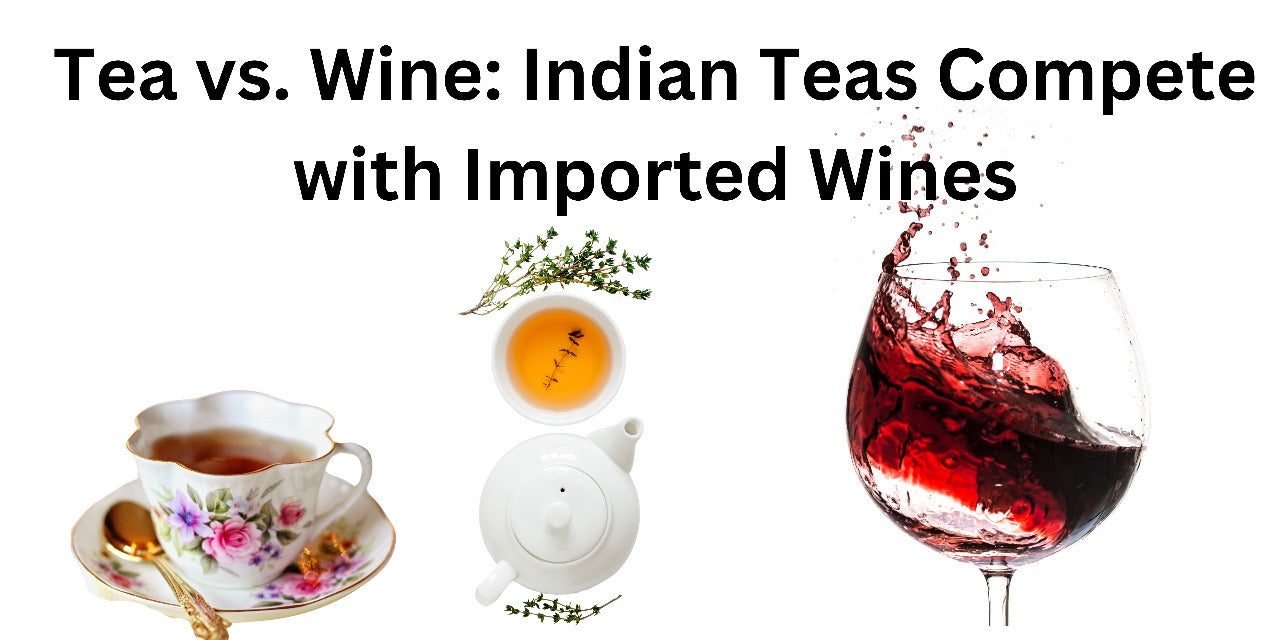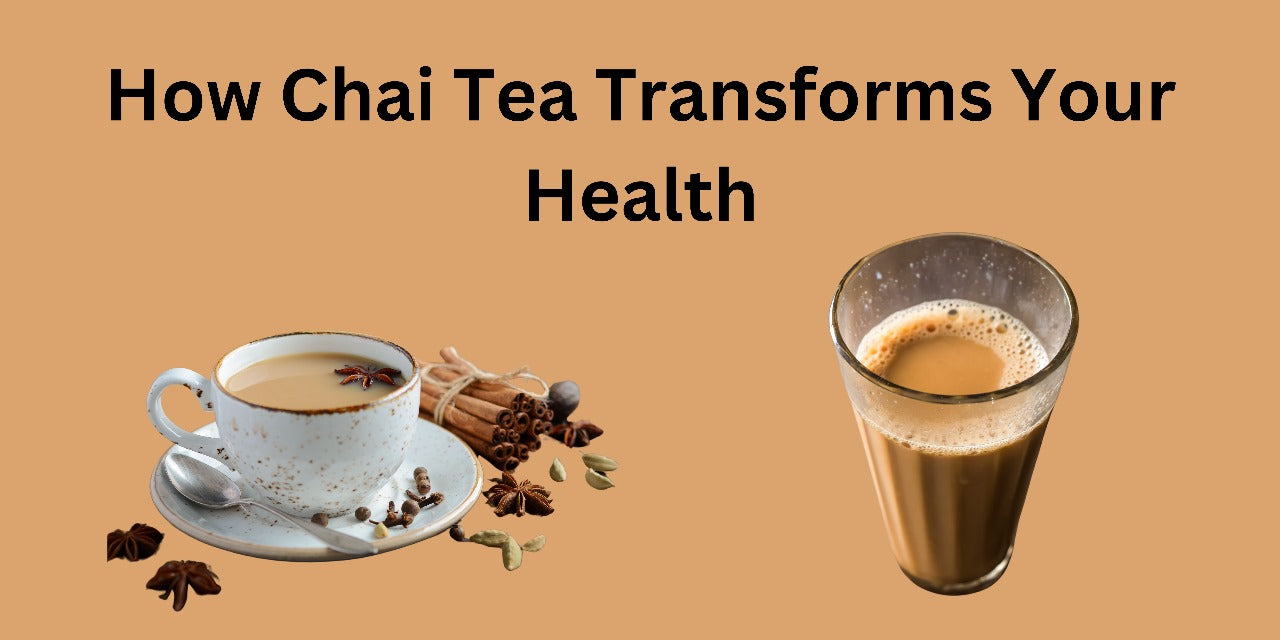Introduction: Understanding the Link between Tea and Blood Pressure
High blood pressure, also known as hypertension, is a very common condition that impacts millions of individuals worldwide. If left untreated, it can result in severe health complications like heart disease and stroke. While medications are available to help manage blood pressure, many people are turning to natural remedies, such as herbal teas, to help lower their blood pressure. In this blog post, we will explore five different types of teas that have been shown to have a positive effect on blood pressure levels. Whether you're looking for ways to supplement your current treatment plan or simply want to incorporate more natural remedies into your lifestyle, this article will provide valuable information on teas for lower blood pressure.
Different Types of Tea and their Effects on Blood Pressure
According to numerous studies, certain types of teas have been found to have significant benefits for lowering blood pressure. One of the most well-known teas for this purpose is green tea. Green tea has gained popularity for its blood pressure-lowering properties. Packed with catechins, green tea has been found to improve several risk factors for heart disease, including blood pressure. Regular consumption of green tea has been associated with lower blood pressure readings, making it a beneficial addition to any blood pressure management plan.
In addition to green tea, other herbal teas, such as chamomile and lavender, have also shown promising results in reducing blood pressure levels. These teas have a calming effect on the body, helping to relax blood vessels and promote blood flow. This ultimately leads to lower blood pressure readings.
Apart from these, other varieties have proven to be beneficial for lowering blood pressure. One such tea is black tea. Packed with powerful antioxidants called flavonoids, black tea has shown promising results in reducing blood pressure. Studies have highlighted its ability to relax blood vessels and improve blood flow, leading to lower blood pressure levels.
Another type of tea that deserves attention is peppermint tea. Known for its refreshing flavor, peppermint tea has been found to have a positive impact on blood pressure. The menthol present in peppermint leaves helps to relax muscles and promote blood flow, resulting in lower blood pressure readings.
When brewing tea for blood pressure-lowering effects, it is essential to follow the proper brewing methods to ensure maximum benefits. Additionally, it is recommended to consume two to three cups of tea per day as part of a healthy lifestyle. As always, it is important to consult with a healthcare professional before incorporating any new teas or making changes to your blood pressure management plan.
Choosing the Right Tea for Lowering Blood Pressure
Now that we have explored some of the teas that have proven benefits in lowering blood pressure, it's important to understand how to choose the right tea for your needs. While all the teas mentioned in the previous section have shown promising results, it's essential to consider certain factors when making your selection.
First, consider your personal preferences. If you're not a fan of the strong taste of black tea, you may prefer the milder flavor of green tea or the herbal notes of mint tea. Enjoying the tea you drink is important for maintaining consistency in your tea consumption.
Next, take into account any existing health conditions or medications you may be taking. Some teas, like green tea, contain natural compounds that can interact with certain medications. It's always best to consult with your healthcare professional to ensure no potential conflicts.
Additionally, consider the availability and cost of the tea. While some teas may have more research supporting their blood-pressure-lowering properties, they may be harder to find or more expensive. You want to make sure that you can easily incorporate the tea into your daily routine without breaking the bank.
Lastly, remember that teas are not a magic cure for high blood pressure. They should be used alongside a healthy lifestyle, including regular exercise, a balanced diet, and stress management techniques. Incorporating tea into your wellness routine can support managing your blood pressure, but it's not a standalone solution.
Incorporating Tea into a Daily Routine for Improved Blood Pressure Control
Now that you understand how to choose the right tea for your needs, let's explore how to incorporate it into your daily routine for improved blood pressure control. Consistency is key when it comes to reaping the benefits of tea for lowering blood pressure.
First, determine the best time to drink your tea. Some people find that starting their day with a calming cup of tea helps set a positive tone for the rest of the day. Others prefer to enjoy a cup in the afternoon to relax and unwind. Find a time that works best for you and make it a daily habit.
To maximize the blood pressure-lowering benefits, it's important to brew your tea properly. Follow the specific brewing instructions for the type of tea you are using. Generally, the water temperature and steeping time can greatly impact the flavor and potency of the tea.
Consider incorporating other healthy habits alongside your daily tea ritual. Regular exercise, a balanced diet, and stress management techniques can all contribute to a healthier blood pressure. By combining these practices, you are taking a holistic approach to your well-being.
Remember, tea is not a magic cure for high blood pressure. It should be a component of a holistic and healthy lifestyle. Consult with your healthcare professional for personalized advice and monitor your blood pressure regularly to track your progress.
Conclusion: Embracing the Power of Tea in Managing Blood Pressure
In conclusion, incorporating tea into your daily routine can be a simple yet powerful way to manage your blood pressure effectively. From choosing the above teas to experimenting with different flavors, practicing mindful drinking, and staying properly hydrated, these expert recommendations can enhance the benefits of tea for your cardiovascular health.
By embracing the power of tea, you not only savor the soothing flavors but also enjoy the potential blood pressure-lowering benefits it offers.




